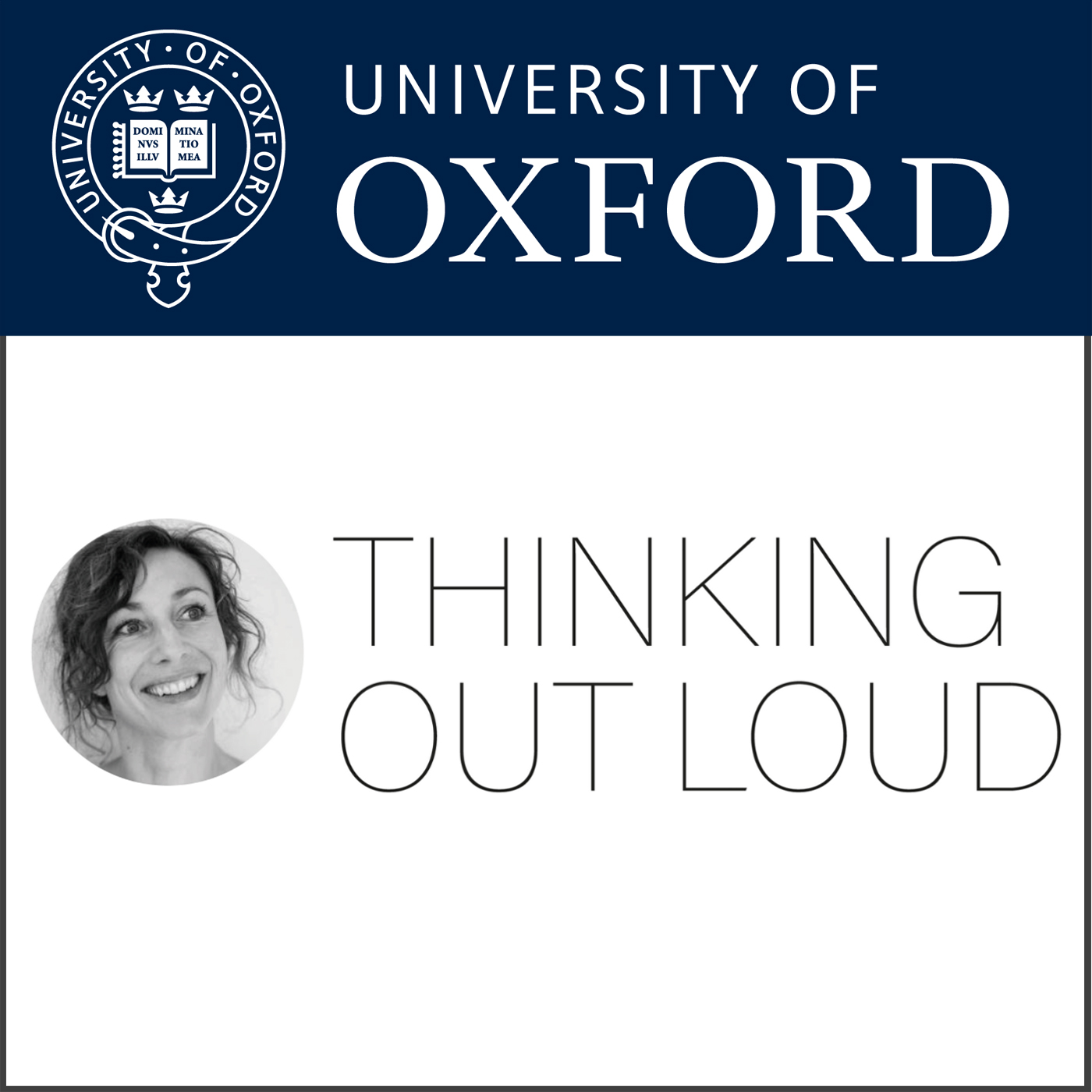Podcast Profile: Thinking Out Loud: leading philosophers discuss topical global issues
 Site • RSS • Apple Podcasts
Site • RSS • Apple Podcasts17 episodes
2020 to 2022
Median: 14 minutes
Collection: Philosophy

 Site • RSS • Apple Podcasts
Site • RSS • Apple PodcastsDescription (podcaster-provided):
Thinking Out Loud provides audio-podcasts based on a series of videos produced by Katrien Devolder in which she talks to leading philosophers from around the world on topics related to practical ethics. The podcast and videos are meant for a non-specialist audience. You can watch the videos on the Practical Ethics Channel. Katrien is a Senior Research Fellow at the Oxford Uehiro Centre for Practical Ethics.Themes and summary (AI-generated based on podcaster-provided show and episode descriptions):
➤ Practical ethics interviews • COVID-19 pandemic policy • vaccine allocation, nationalism, child vaccination • lockdowns, liberty • triage, scarce resources, PPE duties • inequality, corruption • privacy, contact-tracing apps • zoonoses, factory farming, animal ethics • AI moral obligationsThis podcast features interviews with philosophers and other experts about practical ethics, aimed at a non-specialist audience. Across the conversations, the focus is often on how societies should make difficult moral decisions under real-world constraints, especially during public health emergencies.
A major theme is the ethics of pandemic response. Discussions examine how to think about when a pandemic begins and ends, what kinds of evidence and historical comparisons are useful, and which policy tools are ethically defensible. The episodes frequently return to questions of balancing public health against individual rights and freedoms, including whether liberty restrictions should apply broadly or be targeted to particular groups. They also explore privacy and surveillance concerns raised by digital public health measures such as contact tracing apps.
Another recurring topic is fair allocation in healthcare when resources are scarce. The podcast considers triage in intensive care settings, prioritization for vaccines and treatments, and how to set guidelines that remain just under pressure. These debates include ethically relevant factors such as vulnerability, indirect benefits of vaccination strategies, caregiver responsibilities, and professional duties and risks for healthcare workers, particularly when protective equipment is limited. Several conversations also address how pandemics interact with social injustice, highlighting how corruption, racism, and existing inequalities can shape who bears the burdens of disease and who receives care.
Beyond immediate crisis management, this podcast looks at preventing future pandemics by examining zoonotic disease risk and the role of factory farming, connecting human health to animal welfare and environmental considerations. It also expands into emerging ethical questions about artificial intelligence, including whether AI agents could have moral obligations and what obligations humans might have toward them.